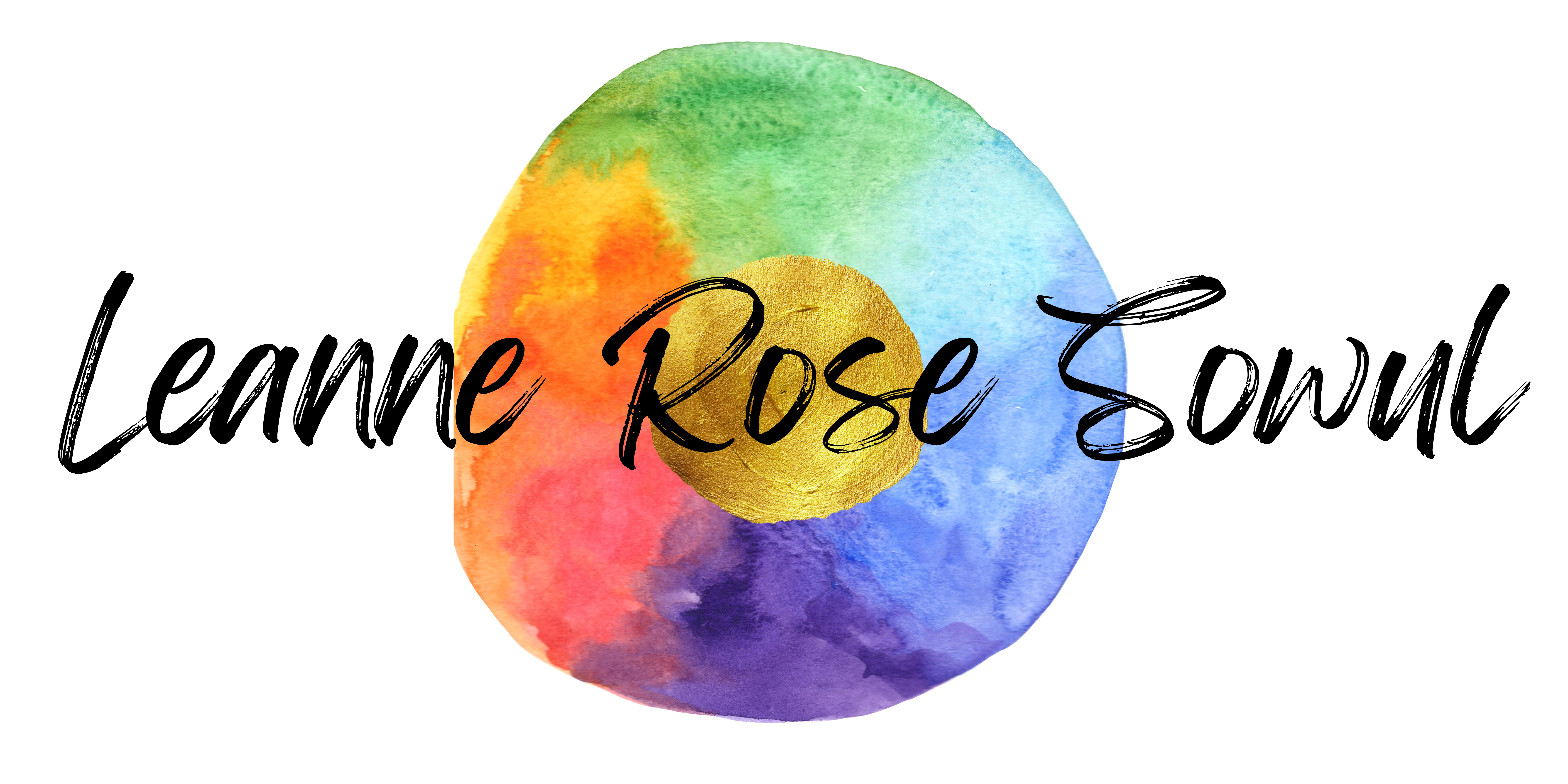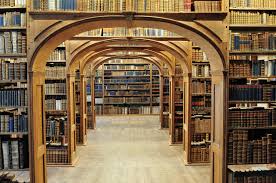When I first decided to write a historical novel, the research was the part I most dreaded. I had written too many research papers in high school and college to look forward to the experience of doing it again, even voluntarily. Especially voluntarily: I thought that the research stage would suck the life out of my desire to write, kill my creativity, and slow down the process.
Now that I’ve thoroughly researched one novel, and completed background work on another, I am reversing my distaste for research… somewhat. It’s still the slowest and most tedious part of my process, but it also ignites ideas and unearths characters, teaches me new things and makes the novel feel more solid and real.
Everyone has different research methods; here’s mine:
- I start with my source for the idea. For the Triangle Fire, I couldn’t do this, as my source was buried in a long-ago paper for school. But the Blizzard of 1888, my current novel subject, was sparked by a podcast by The Bowery Boys. I listened to that podcast last spring, and immediately knew it was going to be my next novel’s subject, as soon as I finished my re-write. So when it was time to start researching, I started by listening to the podcast again.
- I go to the library. And visit the library’s online catalog. I do a search for books specific to the event (i.e. “blizzard of 1888”) and also for books of broader American history during that time period. I was having trouble with this second search until I spoke to the reference librarian, who first had me try searching for “the Victorian era” which brought up the correct time period but the wrong country (England, of course). Then I had the idea to try “the Gilded Age,” a name attributed to Mark Twain referring to that time period, and that search brought up several books covering the 185os-1900.
- I read all the books. I purchase the ones that are most useful, and attack them with my highlighter. I start a Scrivener file, and begin inputting all the information I need into sections, such as “Timeline: March 11, 1888” and “Transportation” and “Customs” to make it easy for me to find facts while writing later. This part is the most tedious, but also the most important; by physically writing the facts down, I am committing them to my memory, and can better construct an outline and characters. I also make sure to keep a running reference guide.
- I seek newspaper articles from the event. I Google, I go into research databases. For Triangle Fire, I spent a day at the New York Public Library, finding dozens of articles about the fire, garment workers’ strike, and life in the tenements, and was able to email them all to myself via the NYPL server. I uploaded them to Scrivener and was able to access them, pictures included, during every draft.
- From the reference sections of the books and articles I’ve collected, I find other books on the same subject. I repeat steps 3 and 4 over and over until I believe that I can immerse myself in the time period and event; if I feel transported, then I should be able to make my reader feel the same.
- I look for other, nontraditional sources. Podcasts are fantastic, if they exist on the subject. I also use movies and television specials. HBO and PBS both did half-hour specials on the Triangle Fire on the 100th anniversary in 2011. From the library, I got a DVD called “America 1900” that gave me fantastic background material about the history and psychology of the Progressive Era. I’ve yet to find something similar for the Gilded Age, but I’m looking. I also listened to the Great Courses class “America in the Gilded Age and Progressive Era,” which was useful for learning about the time period of both books.
- I visit places, if I can. I went to the Tenement Museum for the Triangle Fire; the tours and visuals were so helpful that I remodeled Rachel’s street and apartment in the story after visiting there. On the same day, I also visited the Asch building (the site of the fire), which still stands as an NYU landmark. It has a small plaque, but other than that, it’s hard to tell that it was once the scene of the worst tragedy in American industrial history. I haven’t yet had the opportunity to visit the New York Historical Society, but I plan to; they have a large collection of photos and written accounts of the Blizzard of 1888.
- I outline the story.
- I start writing.
- I find more things that need researching.
And there you have it: researching a historical novel. We who world-build our fiction sure put a lot on our plates, don’t we?
How do you conduct research, historical or otherwise? Any tips for me?


I love researching, so I would have the opposite problem–I’d wallow in research instead of getting started on the writing! I found this really interesting, as I often wonder how writers do their research for books. It feels overwhelming to me because I’ve only ever done nonfiction articles. I have a nonfiction book idea that has been stalled for years because I don’t know how to complete it. So far it’s most like a collection of essays.
I wish I could wallow in research! I always want to move on to the writing. I guess everyone has their favorite parts of the process. Best of luck on the nonfiction project!
Great article, Leanne! Even though I love historical fiction, I was always terrified of the amount of research I’d have to do before writing. So when I was younger (by younger, I mean 10 years ago) and started writing fantasy, I thought, “Oh, I don’t have to do research for this! I can come up with everything myself!”
How wrong I was. *laughs, then blushes deep red* For my WIP, I’ve researched horseback riding over long distances, self-defense, herbal healing, gemstone / crystal therapy, even the average width of a mountain range. I’ve also signed up for an archery class starting this weekend, and am planning to take horseback riding and self-defense classes next year. It’s good to not only learn enough about each subject so it translates accurately into the story, but to talk to experts and try for yourself the crazy things that you make your characters do.
I’ve actually gotten Great Courses catalogs in the mail a couple times. I haven’t bought anything from them yet, but that’s a resource I’d definitely turn to in the future, depending on the subjects. How satisfied were you with the Great Course you listened to?
So here’s something funny, Sara- I realized recently that I don’t know many historical writers at all, but I know a LOT of fantasy/sci fi writers. I thought that was odd, until I realized how similar the genres are! You have to build a world from the ground up, whether it’s based on fact or fiction. I marvel at what YOU can do, because I find safe haven in facts and feel overwhelmed by the prospect of creating a whole world from scratch.
I love the Great Courses. Love, love. I listen to them via app on my smartphone, but they have CDs and DVD versions too. They frequently have deeply discounted sales, and I can get a course for $40 or less (that’s just audio, the cheapest option). There are some great courses on writing that I’m planning to take next. Right now I’m doing “A Skeptic’s Guide to American History.” Not particularly applicable to any current project, but fascinating.